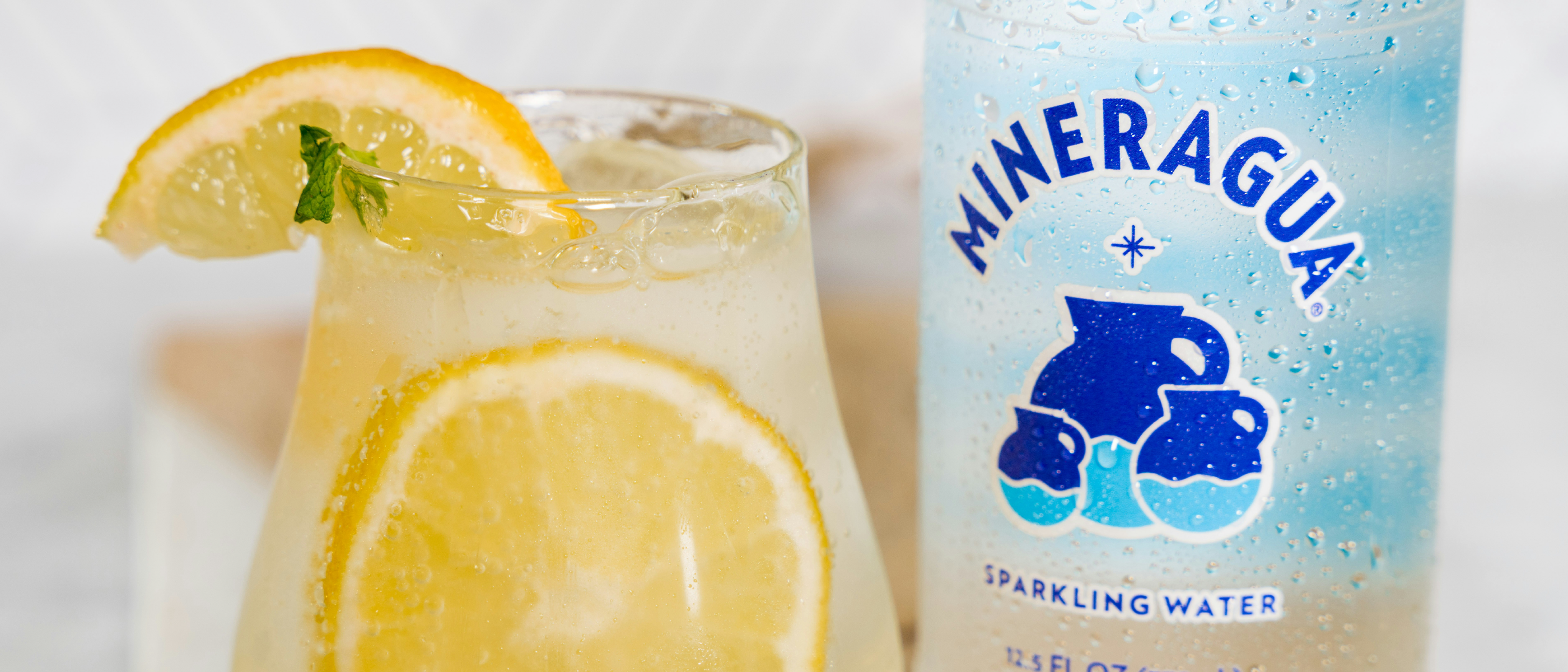What Happens to Your Body When You Drink Seltzer Every Day
Posted on June 22, 2025 • 4 min read • 753 wordsExplore the daily effects of seltzer on your body, from hydration to digestion, with insights from recent health research.

If you’ve ever reached for a crisp, bubbly seltzer instead of plain water or a sugary soda, you’re part of a growing trend—seltzer consumption has surged globally, with many touting it as a “healthier” alternative. But what actually happens to your body when you make seltzer a daily staple? Let’s break down the science, from hydration to digestion, and explore both the benefits and potential considerations.
Hydration: A Refreshing Boost, but No Magic Bullet
First, the good news: seltzer is water. Carbonated water, to be precise, but its core component—H₂O—means it contributes to your daily fluid intake. A 2020 review on non-alcoholic beverages noted that seltzer, like plain water, effectively hydrates the body, making it a viable option for meeting your hydration goals [1] .
But here’s the catch: some people worry that the carbonation might reduce hydration. However, studies suggest that the fizz doesn’t negate water’s hydrating power. In fact, the bubbles might even make seltzer more appealing than flat water, encouraging you to drink more—a win for those who struggle to hit their daily water targets. That said, seltzer alone won’t outperform plain water in hydration; it’s simply a palatable alternative.
Digestion: Mixed Reactions, Literally
Carbonation creates gas in your stomach, which can lead to bloating or burping—especially if you’re sensitive. For some, this is a minor annoyance; for others, it might trigger discomfort. Anecdotally, many report feeling “fuller” after drinking seltzer, which could temporarily curb appetite. But does this translate to meaningful weight management? Research is mixed. While the 2020 review noted that non-caloric beverages like seltzer don’t add extra calories (unlike sugary drinks), there’s no strong evidence that carbonation itself aids weight loss [1] .
On the flip side, some people find seltzer soothing for digestion. The gentle fizz might help relieve mild indigestion by promoting burping, though this is highly individual. If you have conditions like acid reflux, however, carbonation could worsen symptoms by increasing stomach pressure—so proceed with caution.
Bone Health: No Clear Link to Calcium Loss
A common myth is that carbonated drinks leach calcium from bones, but this concern is largely unfounded for seltzer. The calcium loss myth stems from studies on sugary sodas, which often contain phosphoric acid—a component linked to reduced calcium absorption. Seltzer, however, typically lacks phosphoric acid and added sugars. A 2020 analysis of beverage guidelines emphasized that non-caloric, non-acidic carbonated waters like seltzer don’t pose a risk to bone health when consumed in moderation [1] .
That said, if your seltzer is flavored with citrus (e.g., lemon or lime), the natural acidity could slightly erode tooth enamel over time (more on that later), but it’s not directly tied to bone health.
Dental Health: Acidity Matters
Plain seltzer is slightly acidic (pH around 3-4, compared to 7 for neutral water) due to dissolved carbon dioxide. Over time, frequent consumption of acidic beverages can wear down tooth enamel, increasing the risk of cavities. However, the acidity of seltzer is mild compared to soda (pH 2-3) or fruit juice (pH 2-4). A 2020 review noted that while seltzer isn’t as harmful as sugary drinks, those with sensitive teeth or a history of enamel erosion should consider limiting intake or using a straw to minimize contact with teeth [1] .
Flavored seltzers, especially those with added citric acid or fruit extracts, may be more acidic. Always check labels—unflavored seltzer is the safest bet for dental health.
When to Be Cautious
While seltzer is generally safe, a few groups should be mindful:
- People with IBS or digestive sensitivities: The carbonation can exacerbate bloating or gas.
- Those with acid reflux: Carbonation may increase stomach pressure, worsening heartburn.
- Dental health concerns: As noted, acidity can erode enamel—opt for unflavored and rinse your mouth with water after drinking.
Conclusion: A Balanced Addition to Your Routine
Drinking seltzer daily can be a refreshing, hydrating habit with minimal downsides—provided you’re not sensitive to carbonation or dental erosion. It’s a far better choice than sugary beverages, and its lack of calories makes it ideal for maintaining hydration without extra intake.
That said, balance is key. If you find seltzer causes bloating, mix it with flat water or limit portions. For dental health, stick to unflavored varieties and avoid sipping it throughout the day (frequent exposure to acidity is more harmful than occasional consumption).
In short, seltzer isn’t a “miracle” drink, but it’s a smart, simple way to keep your body hydrated and your taste buds happy—without the drawbacks of many other beverages. Cheers to that!
Sources
-
Sikalidis AK, Kelleher AH, Maykish A, Kristo AS. Non-Alcoholic Beverages, Old and Novel, and Their Potential Effects on Human Health, with a Focus on Hydration and Cardiometabolic Health. Medicina 56:490.(2020). doi:10.3390/medicina56100490 ↩︎